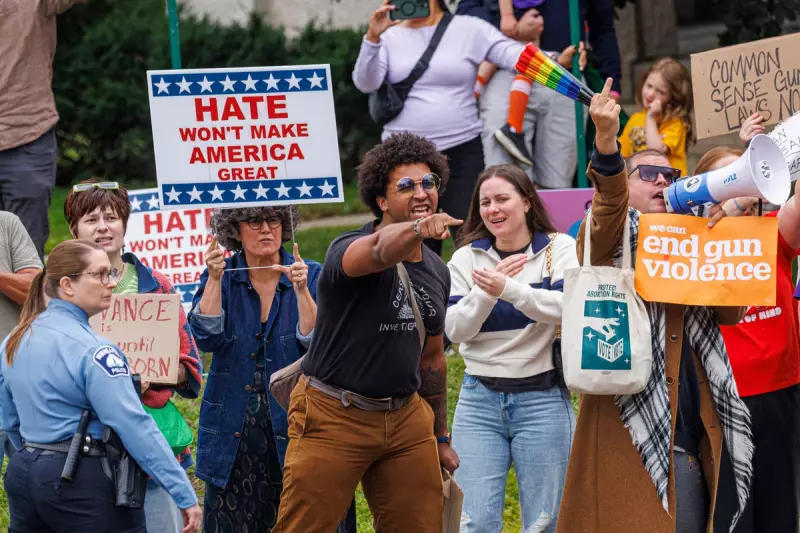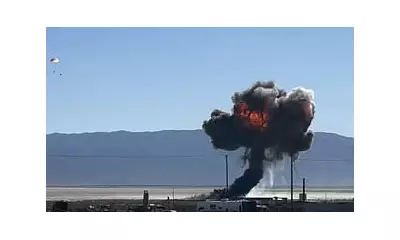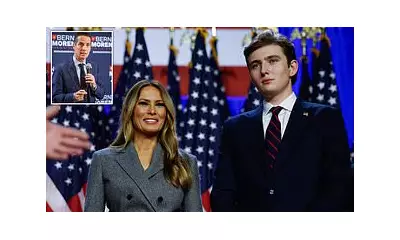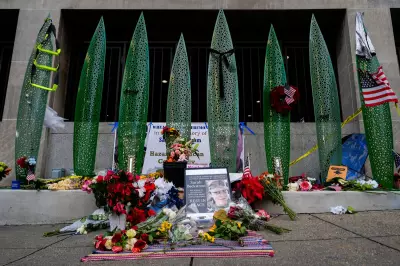
US Senator JD Vance, a key ally of former President Donald Trump, has made a controversial visit to the site of a recent fatal shooting at a Minneapolis church. The Ohio Republican's unannounced appearance at St Elias Orthodox Church has sparked a strong rebuke from local clergy and raised eyebrows in political circles.
A Heated Exchange on Sacred Ground
The visit took a confrontational turn when Bishop Henok of the Eritrean Orthodox Church confronted Senator Vance, demanding to know the purpose of his presence. "This is a crime scene... This is not a political stage," the Bishop stated emphatically, capturing the tension between the community's grief and the perceived political opportunism.
Senator Vance's team claimed the visit was intended to "offer support and learn about the incident," but the timing and nature of the appearance have been widely questioned.
The Tragic Incident That Prompted the Visit
The shooting occurred on Sunday, 23rd June, at St Elias Orthodox Church, resulting in the death of one individual and critical injuries to another. The incident took place following a community event, shocking the local congregation and the wider Minneapolis area.
Local law enforcement has been investigating the circumstances surrounding the shooting, which appears to have stemmed from a dispute within the community.
Political Reactions and Implications
The visit comes at a sensitive time for Senator Vance, who is frequently mentioned as a potential vice-presidential candidate in the upcoming election. Critics have been quick to label the appearance as a transparent attempt to bolster his political credentials rather than a genuine gesture of solidarity.
Bishop Henok expressed the community's collective sentiment, stating they felt "used as a political stunt" and emphasising their desire for "privacy to heal and mourn."
Community Response and Moving Forward
The local community has expressed frustration at what they perceive as the politicisation of their tragedy. Many have called for respect and space to address their grief without external political interference.
As investigations continue into the shooting itself, the conversation has expanded to include the appropriate role of political figures in responding to community tragedies and the delicate balance between showing support and respecting those directly affected.





